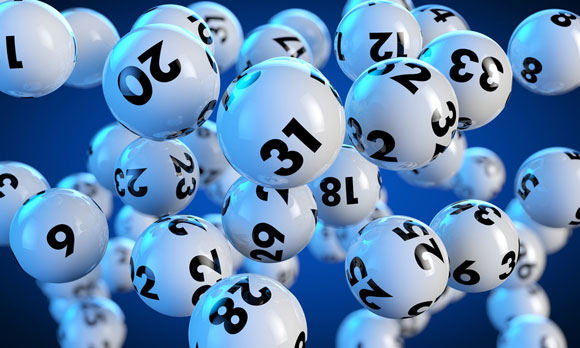The lottery—an age-old institution that has intrigued and captivated human minds for centuries. This simple game of chance has evolved into a multi-billion-dollar industry with global reach, offering dreams of untold riches to millions. Yet, beneath its surface lies a fascinating web of history, strategy, and social impact that makes the Alexistogel more than just a game of chance.
A Brief History of the Lottery
The origins of the lottery date back to ancient times. The concept of drawing lots to make decisions or distribute resources can be traced to ancient civilizations such as the Greeks and Romans. The Chinese Han Dynasty, around 205-187 BC, is known for its early use of lotteries to finance major government projects, including the Great Wall of China.
In Europe, the modern lottery as we know it began to take shape during the Renaissance. The first official lottery in Europe was established in Italy in the late 15th century, with the aim of funding public projects. The practice quickly spread across the continent, each nation adapting it to its own needs and regulations.
The lottery crossed the Atlantic to America in the 17th century, initially serving as a means to fund public endeavors and educational institutions. Over time, lotteries have become more commercialized, evolving into a staple of modern gambling and a tool for raising substantial amounts of revenue.
The Mechanics of Luck and Strategy
At its core, the lottery is a game of chance. Players purchase tickets and select a series of numbers, hoping that their combination matches those drawn at random. The allure lies in the simplicity and the tantalizing possibility of winning life-changing sums of money.
However, some people approach the lottery with a sense of strategy. While the numbers are drawn randomly, players often look for patterns or employ various systems to increase their chances. These can include selecting less common numbers, joining lottery pools to buy more tickets collectively, or using statistical analysis to pick combinations with higher frequencies.
Despite these strategies, the odds of winning remain astronomically low. For instance, the odds of winning a Powerball jackpot are about 1 in 292 million. This sheer improbability is a fundamental aspect of the lottery’s design—few will win big, but the potential for enormous rewards continues to drive participation.
The Social Impact and Ethical Considerations
The lottery’s impact on society is multifaceted. On one hand, lotteries generate significant revenue for governments and charitable causes. In many places, lottery funds support public education, infrastructure projects, and social services. This funding is often presented as a win-win scenario, where players voluntarily contribute to societal benefits.
On the other hand, the lottery has faced criticism for its social implications. One major concern is its regressive nature—lottery tickets are often purchased more frequently by individuals from lower-income backgrounds, who may spend a disproportionate amount of their income on tickets. This can lead to financial strain and perpetuate cycles of poverty.
Moreover, there are ethical considerations regarding the marketing of lotteries. Promotional campaigns frequently highlight the potential for massive winnings and rarely emphasize the low odds of success or the possible negative effects of gambling addiction. This can create a misleading impression of the lottery as a viable route to financial security.
The Psychological Appeal
The lottery’s psychological appeal is powerful. The notion of winning big taps into universal dreams of financial freedom, security, and improved lifestyle. For many, purchasing a lottery ticket is a small investment in a dream that can provide a temporary escape from everyday challenges.
The excitement surrounding the lottery often includes the ritual of selecting numbers, dreaming about potential winnings, and even the anticipation of the draw. This process engages the imagination and provides a sense of hope and possibility that extends beyond the actual likelihood of winning.
